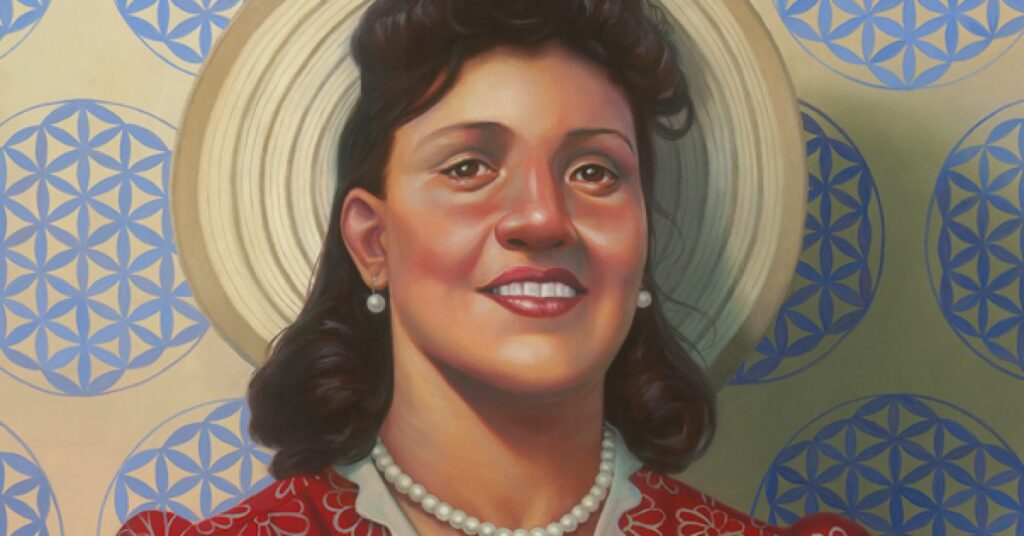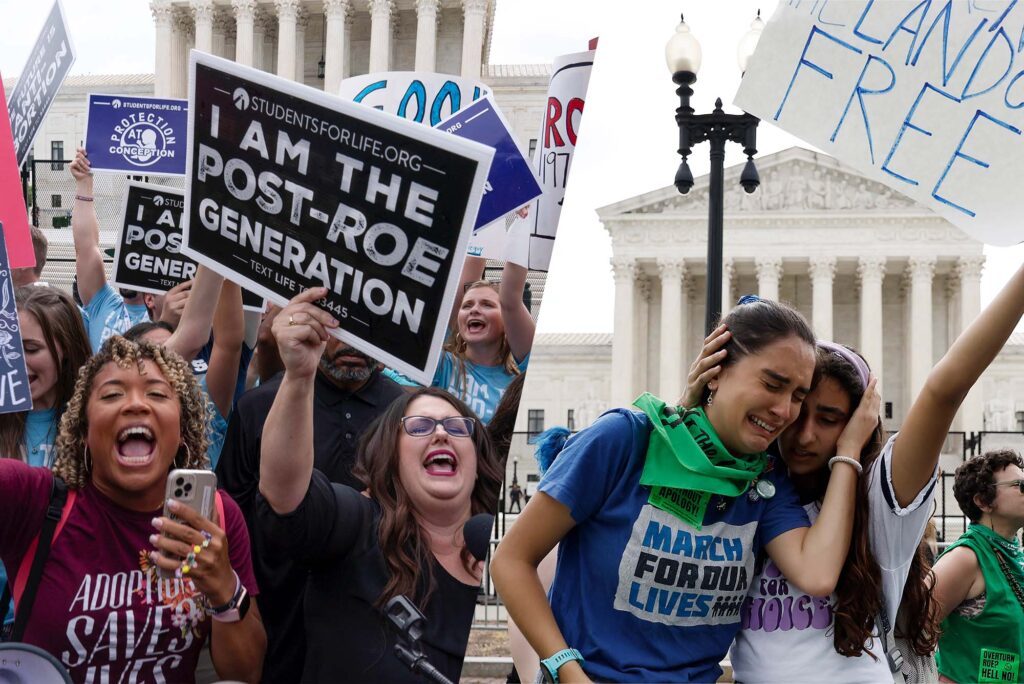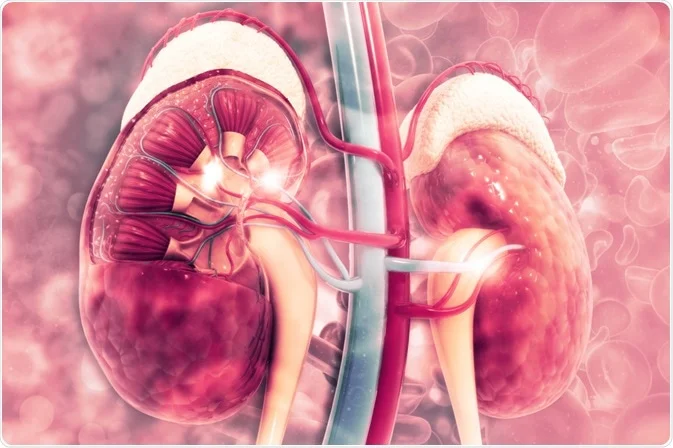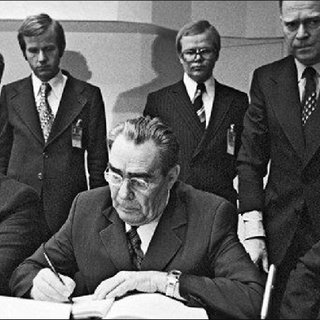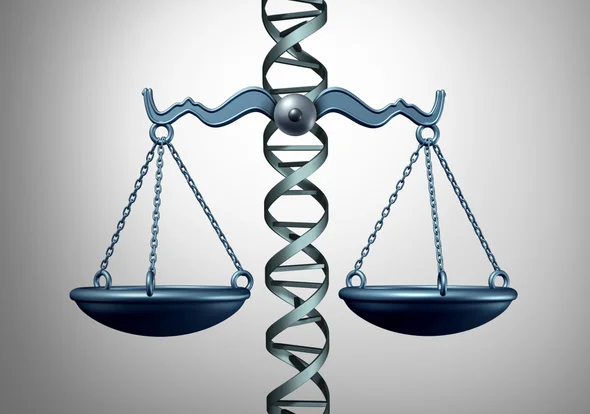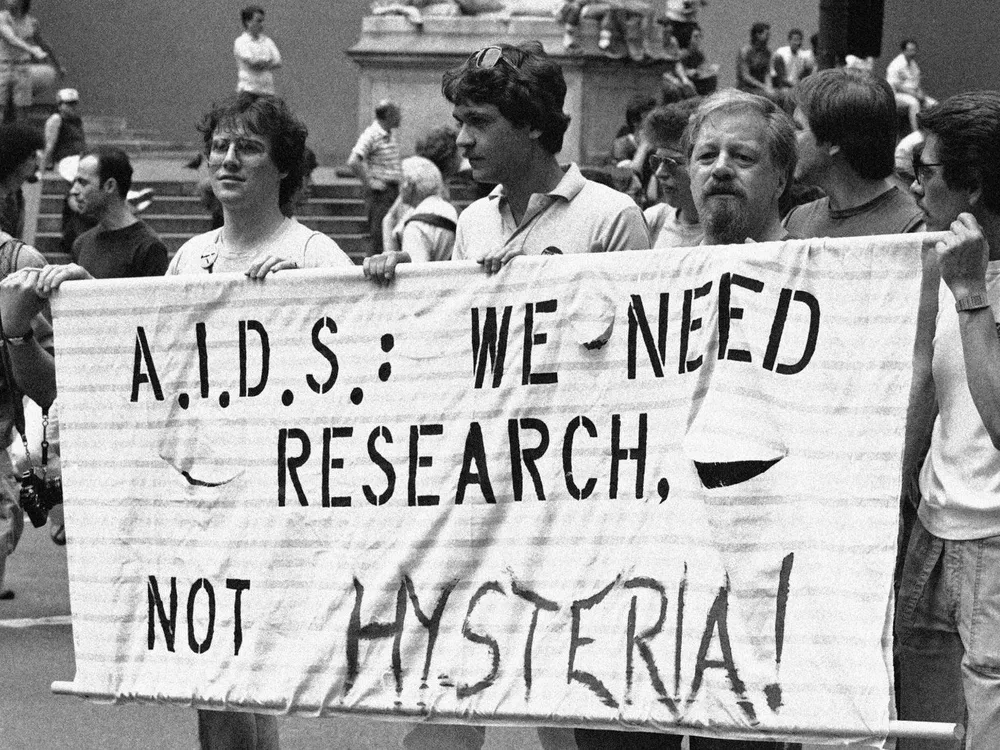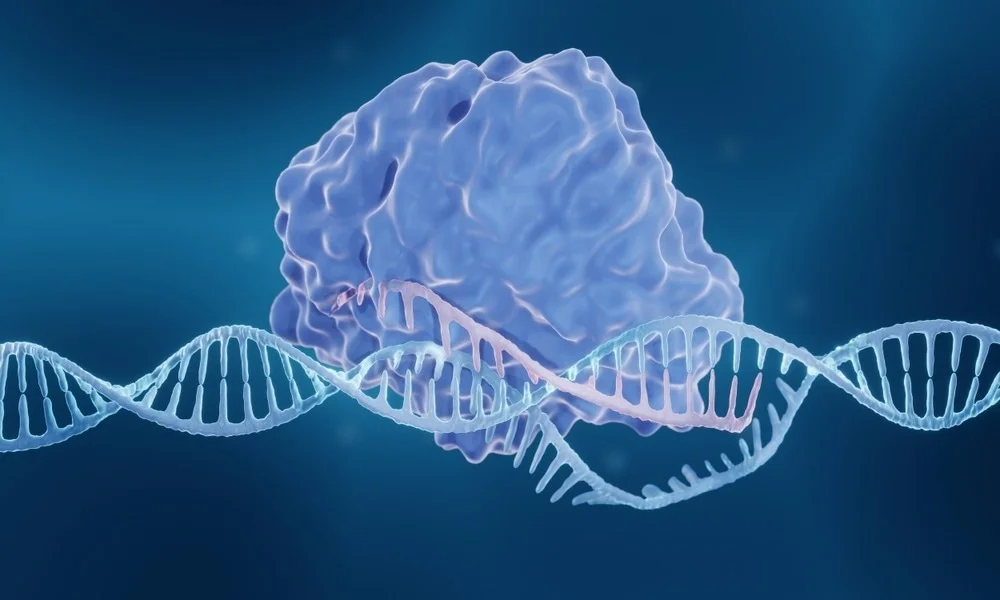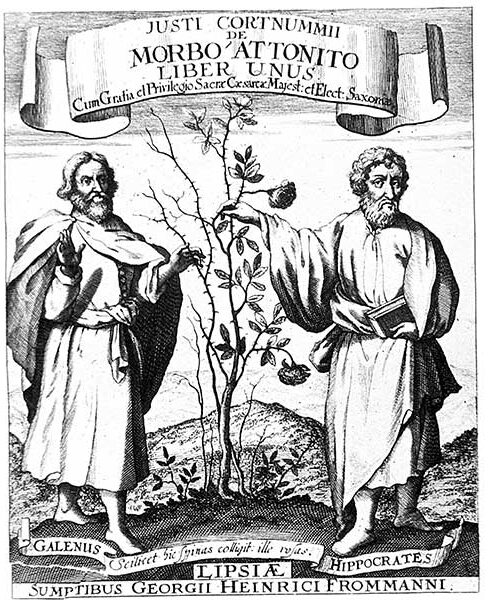The Story of Henrietta Lacks
In 1951, at the age of 31, Henrietta Lacks was diagnosed with cervical cancer at Johns Hopkins Hospital. During a biopsy, this young mother’s cells were taken without her knowledge or consent, which eventually established a cell line known as HeLa cells. Many regard HeLa cells to be one of the most important scientific tools. This was due to a special ability they possess. Unlike other cells, Henrietta Lacks’ cells could survive and proliferate outside of the human body. This made them invaluable in scientific research. HeLa cells were used to develop the polio vaccine and are used today in genetics, cancer, and viral research. However, the erasure of the woman who HeLa cells came from is an action that cannot continue. The injustices committed cannot be pushed aside due to the benefits this cell line has provided. This is the story of Henrietta Lacks and what that story means in terms of ethics.
